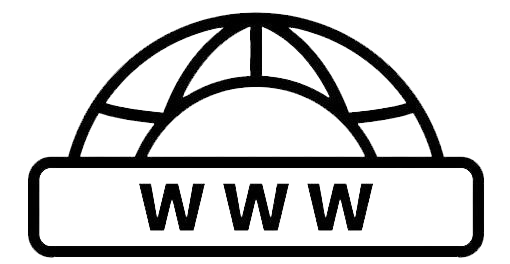Modified Date: February 6, 2025
Introduction
Seeing “403 Forbidden” errors in Google Search Console can be alarming. These errors indicate that Googlebot is being blocked from accessing certain pages on your site. Addressing these errors is vital for ensuring your site’s content is fully indexed and ranked by Google. This guide will help you understand the nature of these errors and provide actionable steps to resolve them.
Understanding the 403 Forbidden Error
A “403 Forbidden” error means that access to the requested resource is denied by the server. This is distinct from a “404 Not Found” error, which indicates that the page doesn’t exist. Instead, a 403 error suggests that the server is explicitly refusing to allow access, often due to permission issues or restrictions in place.
How to Fix 403 Forbidden Errors
Resolving 403 Forbidden errors involves diagnosing why access is being blocked and taking appropriate actions to correct the issue. Let’s walk through several common scenarios and their solutions.
Case:1 URLs Shouldn’t Be Accessible
Sometimes, pages are intentionally restricted from being crawled by search engines. Here’s how to manage these cases:
Confirm Intentional Restrictions
Robots.txt File: Check your robots.txt file to ensure that it is properly configured. For example, if you want to block a directory, your robots.txt might include:User-agent: *
Disallow: /private/
Meta Tags: Verify that pages you don’t want indexed are using the noindex meta tag: <meta name=”robots” content=”noindex”>
Ensure No Unintentional Blocks
Check for Errors: Sometimes, restrictions may be applied mistakenly. Double-check that you’re not unintentionally blocking pages that should be accessible.Test Access: Use tools like Google Search Console’s URL Inspection tool to see if the page can be fetched and rendered correctly.
Case 2: Accessible Pages with Helpful Content
If valuable content is being blocked, it’s crucial to rectify this as soon as possible.
1. Review Server Permissions
File and Directory Permissions: Make sure your server’s file permissions are set correctly. Files should generally be set to 644 and directories to 755.Access Control Configurations: Ensure that .htaccess or other access control settings are not blocking legitimate requests.
2. Adjust Access Controls
Firewall Settings: Check if your firewall settings are inadvertently blocking Googlebot. Adjust the settings to allow Googlebot’s IP addresses if needed.Whitelist Googlebot: If using IP-based access controls, make sure that Googlebot’s IPs are whitelisted.
Case 3: Paywalled Pages
Handling paywalled content requires special attention to both user experience and search engine accessibility.
1. Implement Correct Directives
NoIndex for Paid Content: Use the noindex meta tag or HTTP header for content behind paywalls that shouldn’t be indexedStructured Data: Use structured data to provide search engines with information about paywalled content without allowing indexing.
2. Manage Access Controls
Authenticated Access: Ensure that Googlebot can access paywalled content if it’s crucial for indexing. Provide alternative access methods like the “Googlebot” user-agent to view content.Crawlable Previews: Offer Googlebot a preview of the content, if feasible, to ensure that essential content is still crawlable.
Conclusion
Fixing 403 Forbidden errors in Google Search Console involves understanding the reason for the access denial and taking steps to correct it. By addressing intentional and unintentional restrictions, adjusting access controls, and managing paywalled content effectively, you can improve your site’s accessibility and ensure that valuable content is properly indexed by search engines.
FAQ’s
What causes a 403 Forbidden error?
A 403 error is caused by server-side restrictions or permission settings that prevent access to a resource.
How can I tell if my robots.txt file is blocking important pages?
Use Google Search Console’s URL Inspection tool or check the robots.txt file directly to see which pages are being blocked.
What should I do if a paywalled page is important for SEO?
Use the noindex meta tag for paywalled content that shouldn’t be indexed, and provide a way for Googlebot to access critical content.
How do I fix permission issues causing 403 errors?
Adjust file and directory permissions on your server, and review access control settings to ensure they are not overly restrictive.
Can 403 errors affect my site’s SEO?
Yes, if important pages are blocked, it can negatively impact your site’s SEO by preventing search engines from indexing valuable content.

